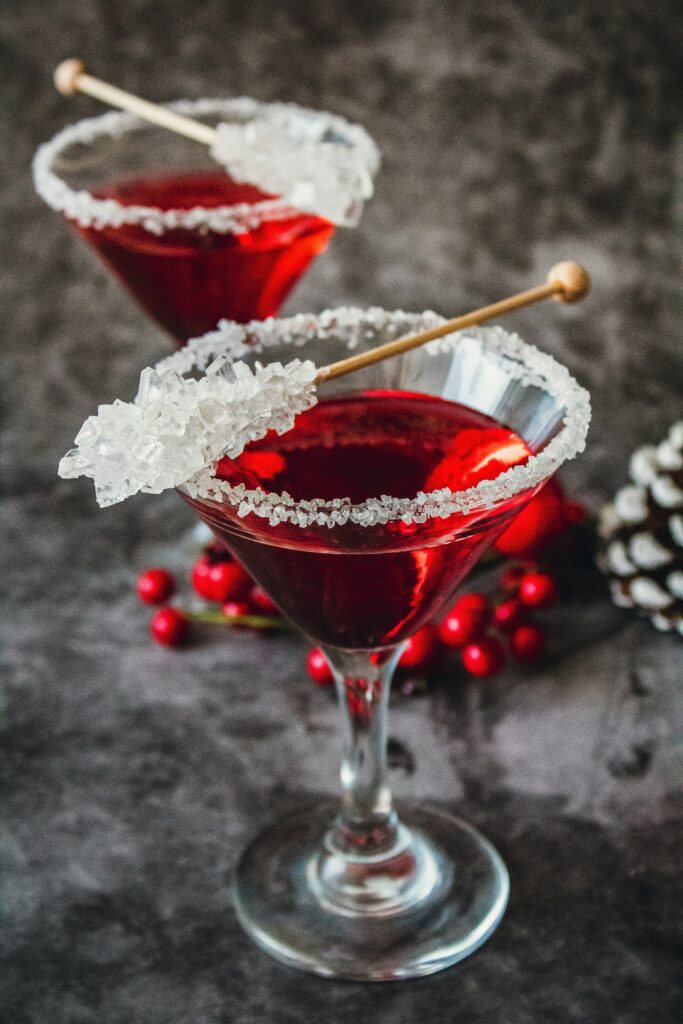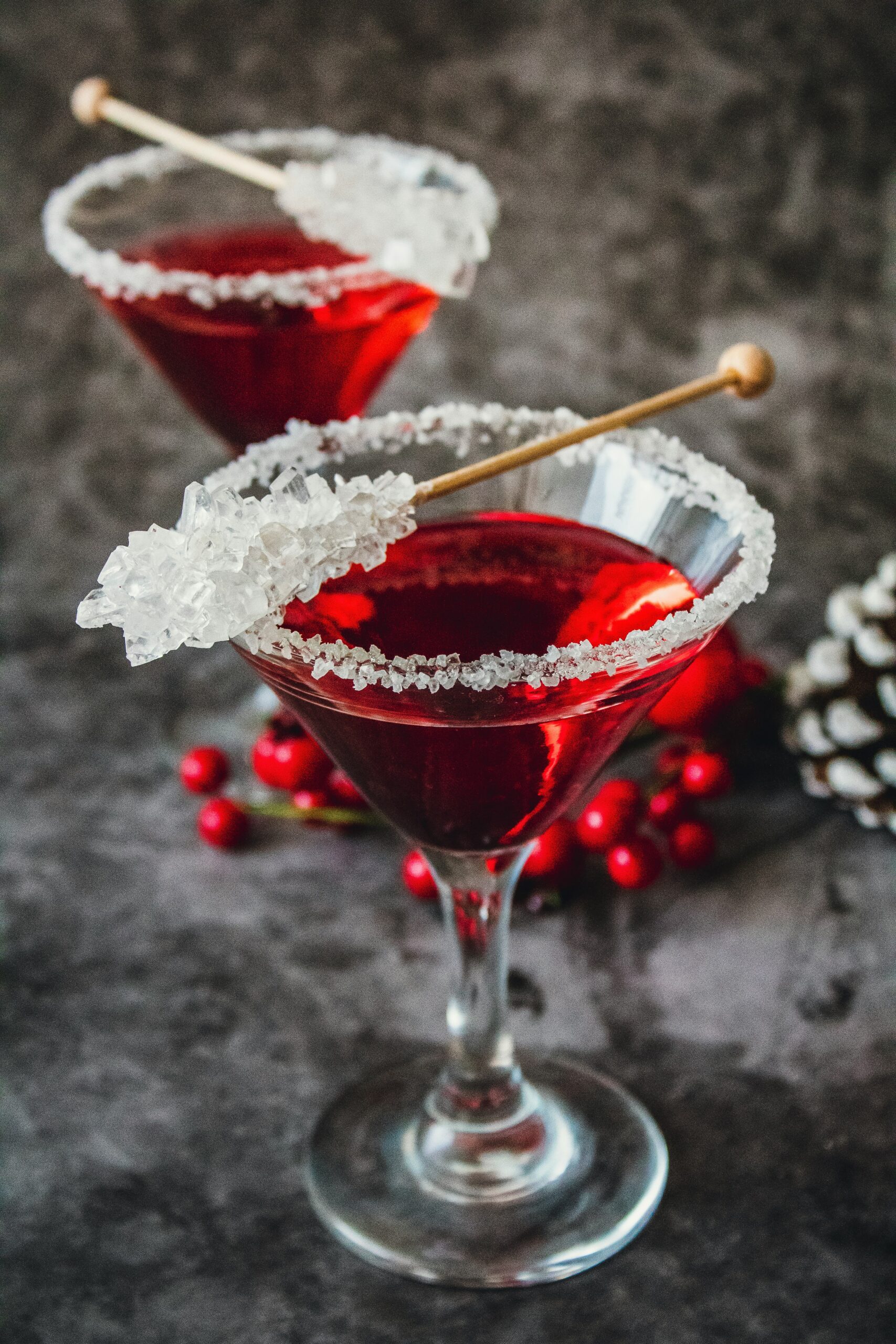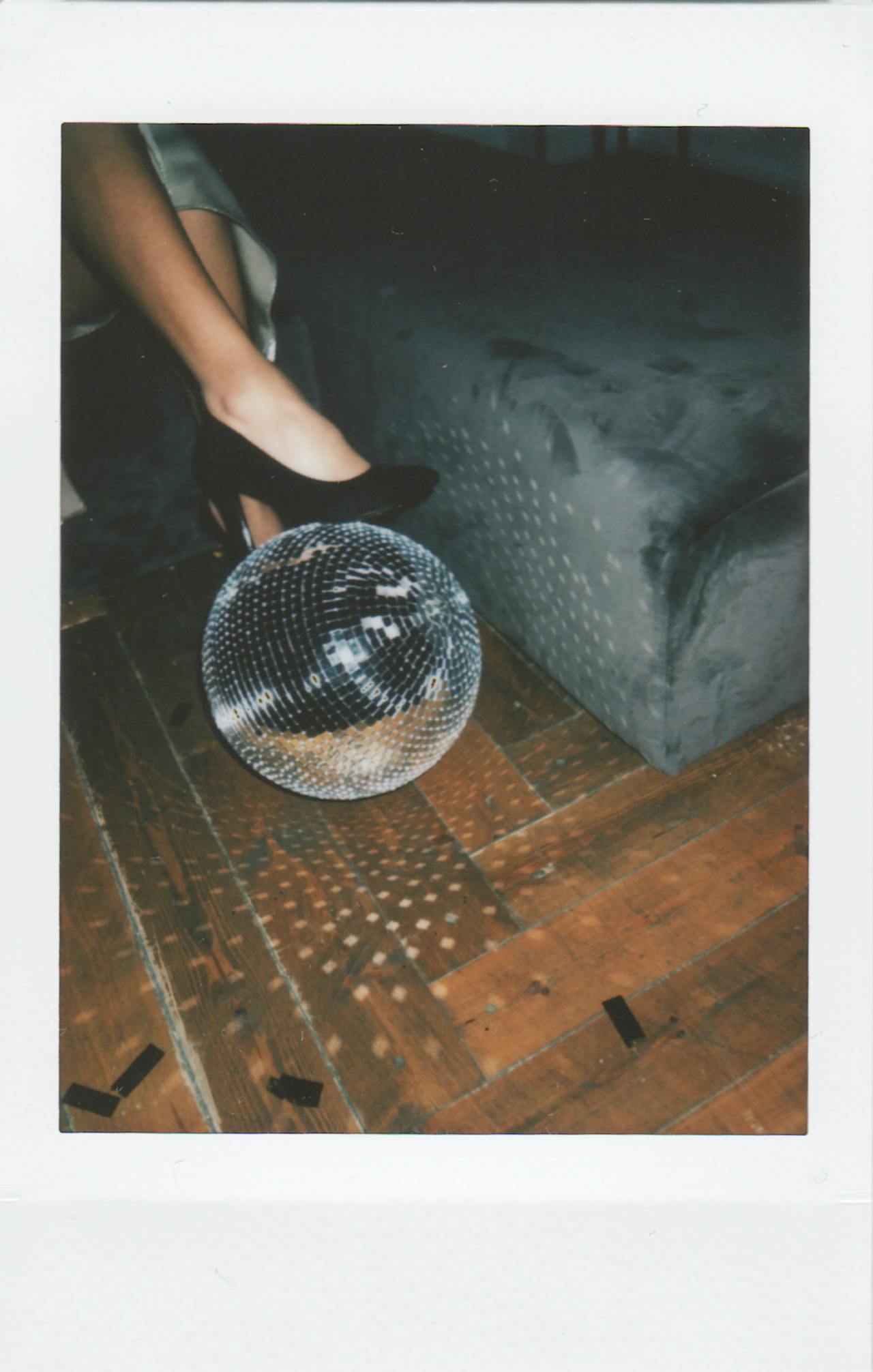By Joanne Fiddy, Menopause Coaching Specialist

As we approach the festive season, many of us find ourselves navigating the usual whirlwind of celebrations, social gatherings, and… yes, a few extra drinks. For women in our 40s, alcohol can have a whole new set of effects on our bodies—especially as we experience Perimenopause.
I know that alcohol often plays a significant role in socialising, unwinding, and celebrating, especially during the festive season. But have you noticed how alcohol affects you differently these days? You are not alone.
If you’re a woman in your 40s trying to navigate the holiday season plus Perimenopause symptoms and you want to know more about drinking, this blog post is for you.
As a Menopause Coaching Specialist, I will dive into how alcohol interacts with your body plus there will be practical tips to help you make more informed decisions about drinking this Christmas and New Year.
Let’s start with the facts:
How Does Alcohol Affect Women Differently in Their 40s?
1. Women Process Alcohol Differently Than Men
One of the main reasons alcohol affects women differently than men lies in our biology. Women, especially those in their 40s, have less body water, meaning the alcohol we consume is more concentrated in our bloodstream. This leads to alcohol staying in our system longer, which unfortunately increases health risks. Growing up in the laddette culture in the 90’s and 00’s there was a belief that women could match men and drink them under the table. Now the science is showing that this is coming at a cost to women’s health.
2. Menopause Magnifies the Impact of Alcohol
As we approach Menopause, our bodies undergo hormonal shifts including a decrease in body water content. What does this mean in real terms? This means that women can experience a higher blood alcohol concentration from the same amount of alcohol as compared to younger women. So while you might have been known as the shot girl, slamming those sambuca shots all night while in your 20’s, fast forward to now and your tolerance is not what it used to be resulting in more blurry blackouts than merriment.
Also the metabolism of alcohol changes, and women in midlife often have less of the enzymes needed to break down alcohol, making the effects even more pronounced. This is why hangovers can feel worse and last longer.
3. The Link Between Aging and Increased Alcohol Consumption
The narrative around the drinking culture can feel like it is everywhere. The TV, Radio, Social Media, Supermarkets, it can genuinely feel that alcohol is good for you. Gin O’Clock to relax and red wine being good for your heart – which I’m sorry to burst your bubble and say that new research says it is a myth.
So truly is it any wonder that beliefs we have about alcohol are heavily ingrained in our symptom especially around relaxing and having fun.
Also is it any surprise that despite the fact age decreases our ability to tolerate alcohol, studies show that more women in midlife are drinking much more on average than previous generations. More women are also ending up in the emergency rooms with alcohol related injuries.
On top of that social pressures, work and family stress and the challenges of Perimenopause can contribute to an increase in a desire to drink more to unwind and be part of the club.
4. Feeling hot? Drinking can increase hot flushes and impact your quality of sleep and becoming bloated and puffy as it creates more chaos with hormone fluctuation. Plus research shows that higher alcohol intake is associated with many chronic diseases such as cardiovascular disease, various types of cancers and low bone density.
How Much Alcohol is Safe for Women in Their 40s?
The general advice from the UK’s Chief Medical Officers at Alcohol Change Organisation– for anyone, at any stage of life – is not to have more than 14 units of alcohol each week. That’s about a bottle and half of wine or five to six pints of standard-strength beer or cider.
It’s a good idea to spread that out over the week and to take a few days off alcohol each week. That’s sometimes easier said than done, and if you struggle to do it, you’re far from alone.
Tips for Enjoying Alcohol Mindfully This Christmas
You don’t have to avoid alcohol entirely this festive season. Here are simple experiments to help you stay in control while still enjoying the celebrations:
1. Find Your Festive Tipple:
Keep a drinks journal. If you notice that certain types of alcohol cause unwanted side effects, consider experimenting with different drinks. Some drinks affect you more than others. Swap wine or beer for clear spirits with mixers, which might feel lighter on your system.
2. Hydrate, Hydrate, Hydrate:
Dehydration is a common issue during perimenopause and menopause. Alcohol can exacerbate dehydration, so do ensure you are drinking lots and lots of water between drinks. Alternate each alcoholic drink with a glass of water or sparkling water to keep dehydration at bay. Festive twist? Add a slice of orange or a dash of cranberry juice.
3. Time It Right:
If alcohol affects your sleep or energy levels, try adjusting when and how quickly you drink. Drinking earlier in the evening can help minimise sleep disruption. A festive fizz at 6pm might be better than a red wine at 11pm. Or a lunch date with friends which ends at 5pm. Experiment with what works for you. Spacing out drinks over a longer period of time or consuming them earlier in the evening may help your body process the alcohol more effectively. Sip your drink over the course of an evening rather than rushing through rounds. It’ll help your body process alcohol more gently. Go at your own pace, rather than join in pub rounds and feel the pressure to drink faster.
4. Boundaries
As Christmas season can be known for it’s drinking culture and with that can come an element of pressure from your social circle; friends, work colleagues or family. Setting boundaries empowers you to make decisions that benefit your health and well-being. Whether you decide to limit your drinking or not drink, remind yourself of your big why for doing this. It could be part of taking care of your body, reducing Perimenopause and Menopause symptoms and enjoying time with your family, getting a good nights sleep, having energy the next day and feeling clear headed. If you feel that you are losing your identity by not being the party one, then book in for a Coaching Session to create a new narrative that works for you. Remember it may inspire others to consider their own habits, creating a positive ripple effect within your social circle and you might find that your friends are also relieved to drink or drink so much too.
5. Emotions
Tune into how you are feeling before you head out. Drinking while in the midst of your hormones surging or drinking to escape the stress and pressure, won’t end well. In fact you might find yourself drinking more than usual. For example if you are experiencing PMS or you know your mood is swinging, ask yourself how else can I support yourself right now? Is drinking really going to help? Could you see a friend instead for a walk, have an early night and a hot bath. Treat yourself like you would your best friend and have your best interests at heart.
If you’re interested in drinking less alcohol without giving it up completely, here are two approaches:
4. Drink Fewer Drinks Per Occasion
Instead of having multiple drinks in one sitting, limit yourself to one or two. This way, you can still enjoy the social aspects of drinking without overdoing it.
5. Drink Less Frequently
Cut back on non-social drinking. If you typically drink a glass of wine on Wednesday and Thursday, for example, consider saving your alcohol consumption for weekends or special events.
Here are some examples below from the GGS Academy:
If you want to drink less, but not sure where to start, these experiments may be useful.
Let’s say your current alcohol consumption looks like this:
• Monday: no alcohol
• Tuesday: 2 margaritas at Games Night
• Wednesday: 1 glass of wine with dinner
• Thursday: 1 glass of wine with dinner
• Friday: 1 martini pre-dinner + 2 glasses of wine with dinner
•Saturday: 3 glasses of wine on girls night
• Sunday: 2 beers in the pub
• Total = 12 drinks per week
Try drinking fewer drinks.
If you’re someone who really enjoys alcohol and wants to partake (almost) daily, you can continue consuming alcohol each day, but potentially cut back on the number of drinks.
Example:
• Monday: no alcohol
• Tuesday: 1 margarita at Taco Tuesday celebration
• Wednesday: 1 glass of wine with dinner
• Thursday: 1 glass of wine with dinner
• Friday: 1 martini pre-dinner + 1 glass of wine with dinner • Saturday: 2 glasses of wine at wine club
• Sunday: 1 beer in the pub
• Total = 8 drinks per week
In this example, you’re still getting to enjoy alcohol almost daily, but you cut your consumption by 33%.
Navigating Menopause and Alcohol with Confidence
As a woman in your 40s, it’s essential to be aware of how alcohol affects your body during your 40’s and beyond to ensure you stay safe and have a good quality health span. The good news is that you can still enjoy a drink in moderation, but it is important to understand the impact it has on your health and confidence can help you make more informed choices.
This festive season, take a mindful approach to your alcohol consumption. Whether you’re experimenting with new habits or cutting back to improve your sleep, mood, and overall well-being, it’s all about finding what works for you.
If you would like 121 Coaching Support with strategies to help on your Perimenopause – Post Menopause Journey and thriving in your 40’s email me hello@riseandvibewithjo.com
The Blog Post was inspired by the Menopause Coaching Specialist Certification from Girls Gone Strong. The material is the copyright and/or trademark of Girls Gone Strong, LLC. No claim or rights are being claimed in the usage of this information. Reproduction in part or whole is not permitted without the consent of Girls Gone Strong, LLC.
If you feel like you are struggling with alcohol help is available at https://alcoholchange.org.uk/ https://www.drinkaware.co.uk/


